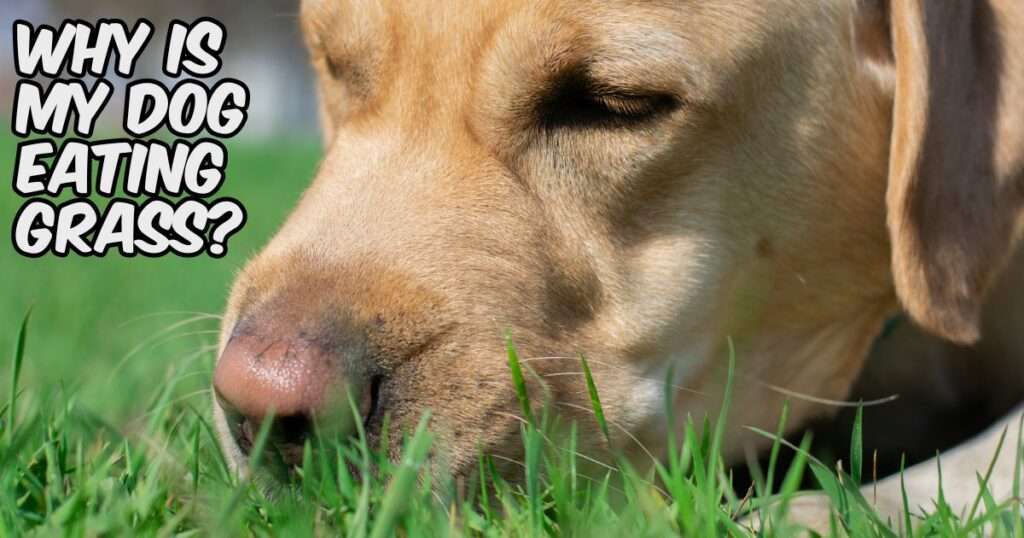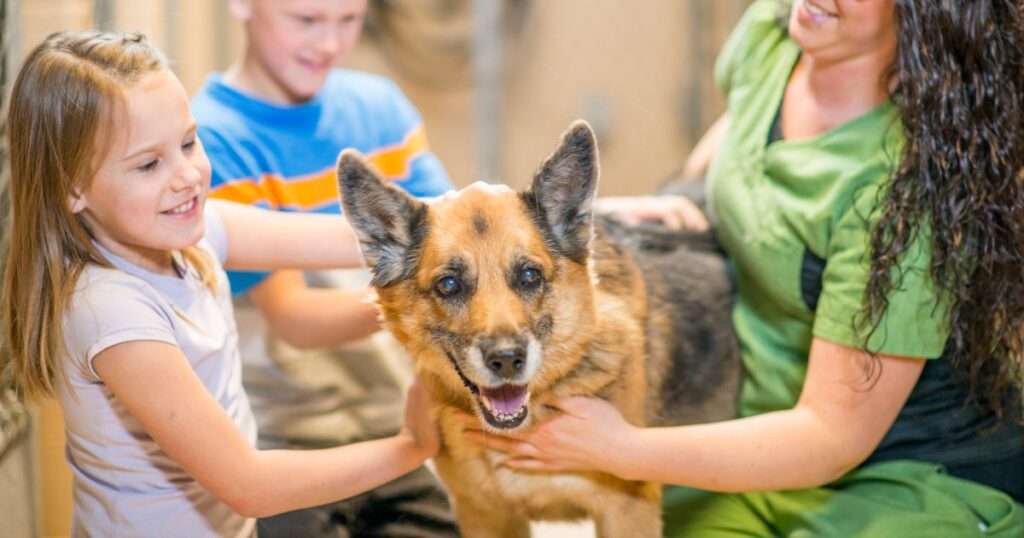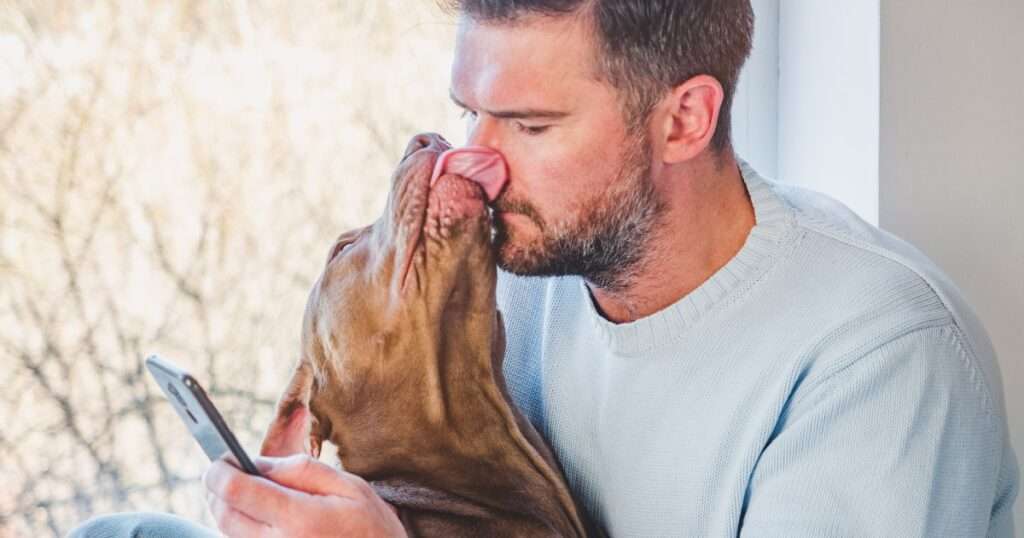Dogs are fascinating creatures, full of quirks and behaviors that often leave their owners scratching their heads. One such behavior commonly perplexes dog owners is their tendency to munch on grass. While it may seem odd or even concerning at first glance, there are several reasons why dogs exhibit this behavior, ranging from instinctual to medical. This article will explore why dogs eat grass and what you can do about it.
1. Instinctual Behavior
One of the primary reasons dogs eat grass dates back to their ancestral roots. Dogs, like their wolf ancestors, are scavengers by nature. In the wild, canines would often consume the stomach contents of their prey, which sometimes included grass or other vegetation. This behavior served several purposes, including aiding digestion, providing essential nutrients, and even helping to purge parasites from the digestive system.
While domesticated dogs may not rely on this behavior for survival in the same way as their wild counterparts, the instinct to consume grass may still be deeply ingrained in their genetic makeup. Thus, when your dog nibbles on grass, it could be a throwback to this ancestral behavior.
2. Nutritional Deficiencies
Another potential reason dogs eat grass is their diet’s nutritional deficiencies. Despite advancements in pet nutrition, some commercial dog foods may still lack certain essential nutrients, prompting dogs to seek out alternative sources to fulfill their dietary needs.
Grass contains fiber, which can help with digestion, and trace minerals that may be lacking in your dog’s diet. If your dog is consistently eating grass, it may be worth evaluating their diet and considering whether any adjustments need to be made to ensure they are receiving adequate nutrition.
3. Upset Stomach
One of the most commonly cited reasons dogs eat grass is to alleviate an upset stomach, when dogs experience gastrointestinal discomfort, whether due to indigestion, nausea, or other issues, they may instinctively turn to grass as a form of self-medication.
Grass can act as a natural emetic, inducing vomiting and helping your dog expel whatever is causing their stomach distress. Additionally, the fibrous nature of grass may help soothe the digestive tract and alleviate discomfort.
However, it’s essential to note that while occasional grass-eating may be harmless and even beneficial in such situations, chronic or excessive consumption could indicate underlying health issues that require veterinary attention.
4. Boredom or Behavioral Issues
In some cases, dogs may eat grass out of sheer boredom or because of behavioral issues. Like humans, dogs can develop habits or engage in peculiar behaviors when they’re not mentally or physically stimulated enough.
If your dog is not getting enough exercise, mental stimulation, or attention, it may resort to grass-eating to pass the time or alleviate boredom. Additionally, dogs experiencing anxiety or stress may exhibit abnormal behaviors, such as compulsive grass-eating, as a coping mechanism.
5. Taste and Texture
Believe it or not, some dogs enjoy the taste and texture of grass. Dogs explore the world through their senses, including their sense of taste, and they may find the freshness and texture of grass appealing.
For these dogs, grass-eating may be more of a recreational activity than a response to any specific need or ailment. While it may seem strange, we must recognize that dogs experience the world differently and may derive pleasure from activities we don’t necessarily understand.
What Can You Do About It?
If your dog occasionally eats grass and shows no signs of distress or illness, there may be no cause for concern. However, suppose your dog’s grass-eating becomes excessive or is accompanied by other symptoms such as vomiting, diarrhea, lethargy, or changes in appetite or behavior. In that case, it’s essential to consult with your veterinarian to rule out any underlying medical issues.
To discourage grass-eating, consider the following strategies:
- Ensure your dog’s diet is nutritionally balanced and meets their dietary needs.
- Provide plenty of physical exercise and mental stimulation to prevent boredom.
- Keep your yard free of chemicals, pesticides, or fertilizers that could harm your dog if ingested.
- Train your dog to leave the grass alone using positive reinforcement techniques.
- To redirect their behavior, consider offering alternative chewing or foraging activities, such as puzzle toys or safe chew toys.
In conclusion, while dogs eating grass may seem perplexing at firstinitiallyoften a normal and harmless behavior with various potential explanations. By understanding the reasons behind this behavior and taking appropriate steps to address any underlying issues, you can ensure the health and well-being of your canine companion. Always consult your veterinarian for personalized advice and guidance if in doubt.






